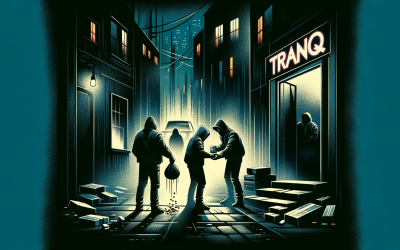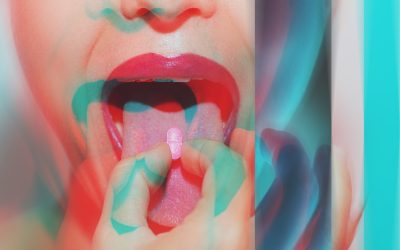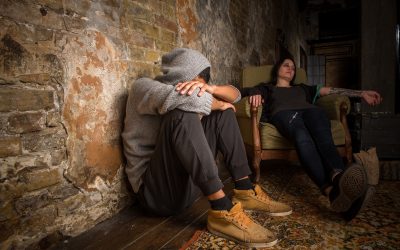Life is waiting.
Start your path to recovery today!
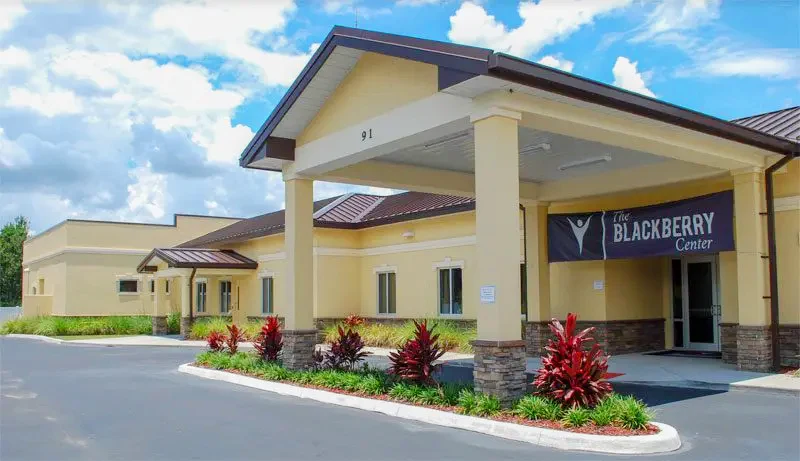
Start Your Recovery Now
Contact & Hours of Operation
Admissions: (813) 908-4199
Main Number: 321-517-4105
Fax:1-888-972-4016
Open 24 Hours a Day
7 days a week
Visiting Hours
Sunday Only
from 2:15 pm to 3:45 pm
Welcome to The Blackberry Center
The Blackberry Center is a 64-bed psychiatric hospital licensed by the Florida Department of Health and accredited by The Joint Commission. Our retreat-like environment provides a tranquil setting in which our patients can heal. The hospital has programs that address a broad spectrum of mental health issues that can be tailored to patient needs, including dual diagnosis treatment and general psychiatric care.
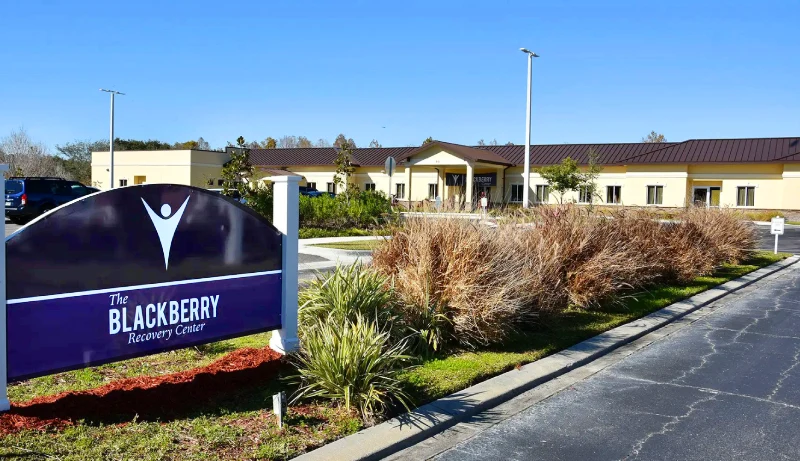
TREATMENT PROGRAM FEATURES
⭐⭐⭐⭐⭐
“This place saved my life!! The staff here is a wonderful, compassionate group of people. Some of the most caring individuals I have encountered, from the techs, nurses, Dr’s and nutrition staff. Your road to recovery can truly begin here at the Blackberry Center.”
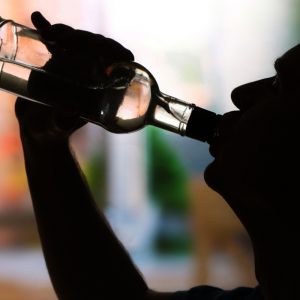
What Happens After Detox?
After detox, The Blackberry Center can continue to help you through recovery. Our inpatient rehab provides the highest quality, evidence-based treatment options through flexible plans tailored to your needs.

Faith Christian Rehab in Orlando
The Blackberry has a faith-based recovery and dual diagnosis program that uses a non-denominational approach to addiction treatment utilizing Celebrate Recovery‘s proven treatment options.
CONFIDENTIAL CONTACT
Stay informed about Recovery, Addiction, and Behavioral Health.
Tranq Drug: Understanding Its Impact and Risks
In this comprehensive guide, we explore the drug known by some as Tranq (Xylazine) which is...
Is MDMA Addictive? Facts You Absolutely Need to Know
Picture someone you care about at a music festival. The atmosphere is electric, the crowd...
How to Spot a Heroin Addict or Heroin Addiction – and Help Save Their Life
If you're concerned that someone you know might be a heroin addict, or if you're seeking...

